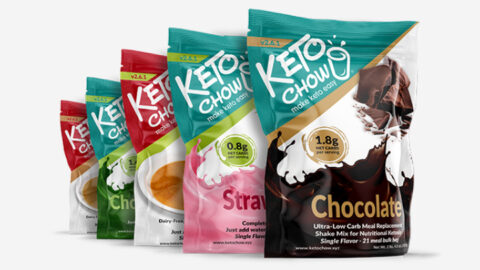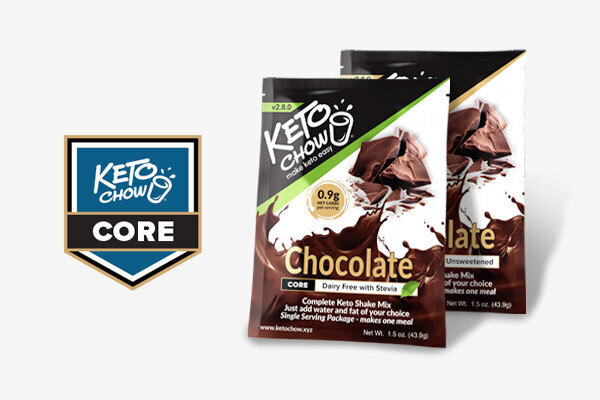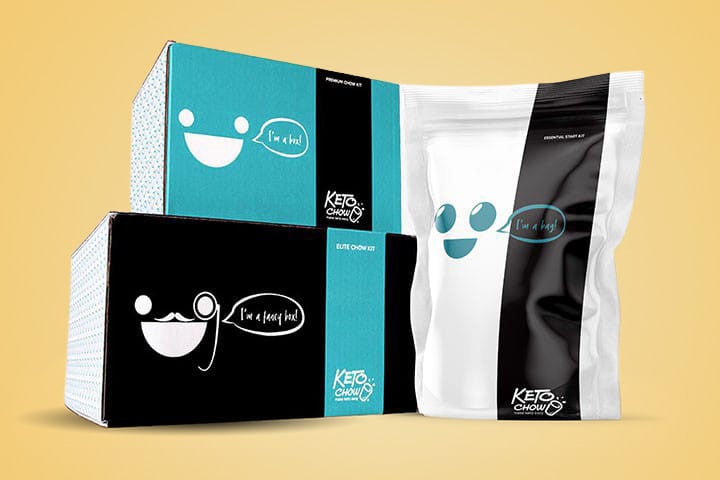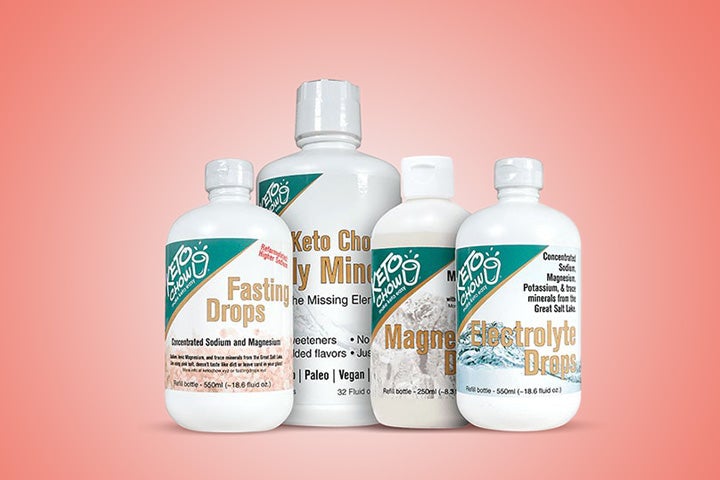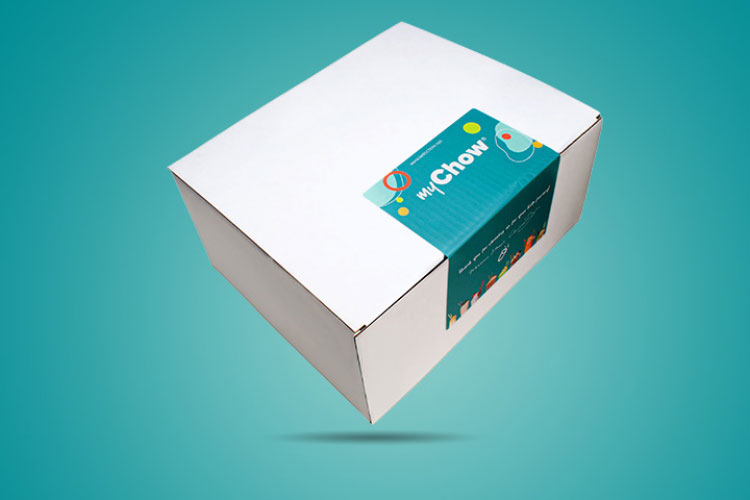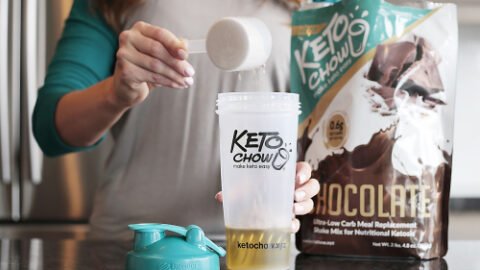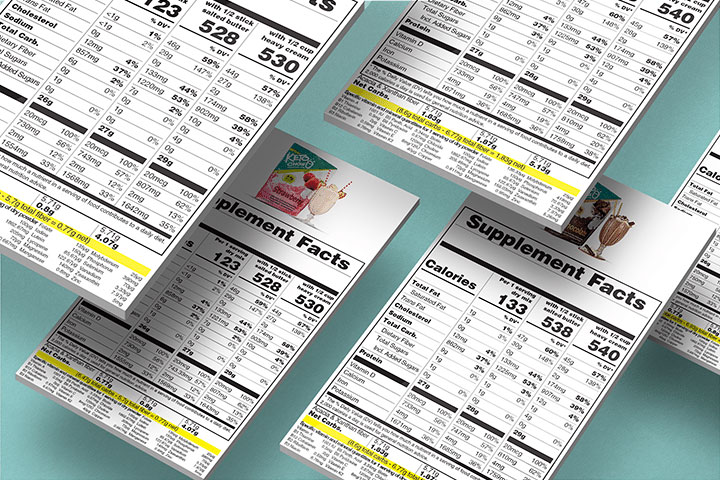I hate to spoil the party, but ketosis is a metabolic state. It’s not a food or supplement. Food and pills are not ketogenic. Your body is ketogenic—it generates ketones. And your body generates ketones when one main thing happens: you metabolize fat at a high rate.
“Instant ketosis!”
“Maximum fat burning!”
“Boost energy and get shredded!”
Have you seen these claims on bottles of “keto pills”? Is there any truth to them? Can you reap the benefits of a keto diet by popping pills? Let’s take a closer look at these enticing promises and see if keto pills are the real deal or too good to be true.
What are keto pills?

You’ll find bottles of these on the shelves at drugstores or in the supplement aisles of supermarkets, and there’s no shortage of them online.
The labels have eye-catching colors intended to draw your attention and are peppered with claims that make it sound like these can boost the results you’re getting from keto…or that maybe they’re a substitute for a keto diet in the first place. (After all, why change your diet if you can get what you want from tossing back a couple of capsules?)
There’s a multitude of different brands and products available. Some of them contain ketone salts, which we’ll cover in a bit. Some contain no ketone salts but contain MCT oil (which is easily converted into ketones), apple cider vinegar, and a variety of vitamins, minerals, and patented compounds purported to increase fat burning, improve mental focus, or support some other goal.
It’s true that apple cider vinegar has some interesting properties for helping to lower blood glucose after a high-carb meal, but that doesn’t make it ketogenic.
And the same goes for the vitamins and purportedly thermogenic compounds in some of these products: these vitamins are used in metabolic pathways that metabolize fat and convert it into energy, but unless you’re overtly deficient in them, they’re not going to blast your fat loss into the stratosphere.
Why use keto pills?

You want keto to work and you want it to work NOW! No one could blame you for wanting to speed things up. If you’re following a keto diet, chances are you’ve been overweight or unwell for a long time, so it’s perfectly logical that you’d be drawn to anything that might help you shed those pounds faster or get back to normal blood sugar levels sooner.
But think about it: gimmicky diet pills have been around forever. If they were actually effective, none of us would have a weight issue. We’d pop a few pills every day and effortlessly be fitting into our favorite dresses and jeans.
Keto pills aren’t any different. Ketogenic diets are so popular now that we would be surprised if there weren’t a bunch of unscrupulous companies trying to make a quick buck off of them. Unfortunately, their greed is in direct contrast to your goals.
They know you want to lose weight as quickly as possible, and that some people want results but won’t ever do keto at all, and they’re preying on your vulnerability and desperation.
Can pills substitute for a keto diet?
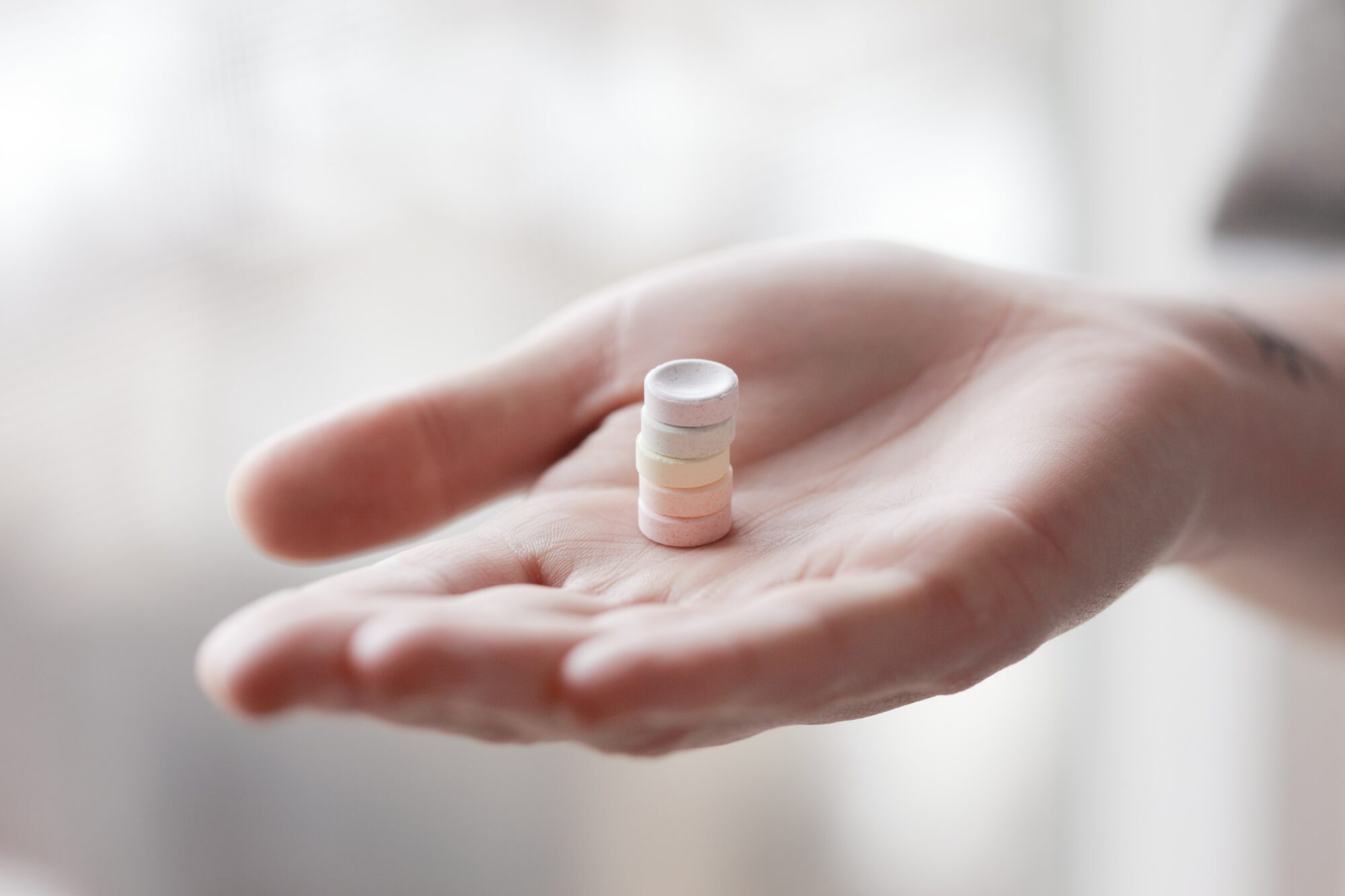
I hate to spoil the party, but ketosis is a metabolic state. It’s not a food or supplement. Food and pills are not ketogenic. Your body is ketogenic—it generates ketones. And your body generates ketones when one main thing happens: you metabolize fat at a high rate. (Ketones are byproducts of breaking down fat.)
There are different ways of doing this, but the best way to make it happen is to eat very little carbohydrate.
The metabolic and hormonal changes that result from a very low carbohydrate intake (namely, lower blood sugar and insulin levels) are responsible for the vast majority of health benefits that come from keto diets (like reversing type 2 diabetes and metabolic syndrome, lowering blood pressure, improving hormones in PCOS, fewer gout flares, etc.).
There’s a long list of other effects from ketogenic diets that have been proposed as the mechanisms behind why keto is so powerful for epilepsy, migraines, glycogen storage diseases, schizophrenia, bipolar disorder, major depression, and is even being studied for autism, as well as for Alzheimer’s disease, Parkinson’s disease, and other neurodegenerative conditions.
Medical Issues Keto Helps With

Here are 10 of the mechanisms believed to underlie keto’s efficacy for such a wide range of medical issues—and these are only the ones we know about! There might be more we haven’t identified yet.
- Lower blood sugar and insulin
- Production of ketones (an alternative fuel to glucose for cells that are not metabolizing glucose properly)
- Increased energy (ATP) generated from fats & ketones compared to glucose
- Decreased production of reactive oxygen species (less damage to your cells from oxidation)
- Enhanced mitochondrial biogenesis (making new mitochondria, which power cells)
- Enhanced resistance to apoptosis (cell death) in neurons (this may be beneficial in Alzheimer’s and Parkinson’s diseases, and other neurodegenerative conditions associated with atrophy and death of neurons)
- Ketones may act as signals to prompt certain cellular functions that play a role in gene expression or suppression (epigenetics)
- Decrease synthesis of glutamate (the most “excitatory” neurotransmitter) and increase synthesis of GABA (the most calming or inhibitory neurotransmitter), which may be behind some of the effects of keto on anxiety, bipolar, schizophrenia and other mood issues
- Enhanced glutathione activity (an antioxidant that helps neutralize damaging free radicals)
- Effects on the gut microbiome—research is in its early days, but by altering the composition of gut bacteria, there may be effects on the immune system and possibly mood and cognitive function
Considering everything a ketogenic diet does and the wide-ranging effects it has on nearly every tissue in the body, it’s hard to believe you could synthesize a compound, or even multiple compounds put together, to cram into a pill that could accomplish even a few of the astounding things a keto diet does just by keeping carbs really low.
In a paper with the apropos title, “The ketogenic diet in a pill: is this possible?” the authors wrote:
“What investigators have elucidated over the past decade or so is that a variety of molecular, genetic, cellular, and metabolic factors are likely contributory to the clinical effects of the [ketogenic diet]. As a generalization, it is becoming widely accepted that the mechanistic underpinnings of the [ketogenic diet] are likely multiple, parallel, and possibly synergistic.
So the question remains, can the [ketogenic diet] be packaged into a pill? At this stage, given our state of knowledge, the likely answer is NO.”
The exception: exogenous ketones

Exogenous ketones are the exception to the rule that “keto pills” are mostly useless and riddled with false advertising.
Some keto pills contain beta-hydroxybutyrate salts, which are the same ingredients used in the exogenous ketone powders that are being studied for athletic performance and other applications. (Beta-hydroxybutyrate is one of the ketones your body produces when it metabolizes fat. It’s the one you are measuring if you ever test your blood ketones.)
Elevated blood ketone concentrations may be beneficial in certain circumstances, such as Alzheimer’s disease and various mental health concerns. However, this is an area of emerging research and very little is known for certain.
We can say, though, that the amount of ketone salts in keto pills is miniscule compared to the dose you would get from the powdered form that is added to water and consumed as a beverage. In order to derive any noticeable effect, you would need to take such a huge quantity of these pills that it would be cost-prohibitive.
So even if you’re living with a condition that might respond to higher ketones, keto pills aren’t the best way to achieve this.
Do ketones matter?

If you’re following a keto diet for weight loss, diabetes, metabolic syndrome, or something related to problems with blood sugar or insulin, it’s not necessary to take special pills or supplements to boost your ketone levels.
The effects you’re looking for will come from having lower and stable blood sugar and insulin, not from high ketones. Using pills or the more expensive ketone testers or concentrated powdered salts to boost your ketones isn’t going to make your diet work better or faster.
Some people have noted that exogenous ketones help them get over the transition to a fat-based metabolism – often called “keto flu”. If that was the case for you, no problem. But once you’ve adapted and you’re doing well with the diet, you don’t need to keep using these. And to reiterate: you would likely need a much higher dose of ketones to accomplish this than you would get from a few keto pills anyway.
Bottom line

There’s no shortcut to getting the benefits of a keto diet. There might be a role for exogenous ketones or MCT oil in specific situations where someone is unable to stick to a ketogenic diet, or where a higher concentration of ketones might be helpful.
But if your main goals in doing keto are to lose weight, reverse type 2 diabetes, or improve another condition stemming primarily from insulin resistance, put your money toward food, not gimmicky pills.
Looking to make keto easier?

Then try Keto Chow! Keto Chow is a low-carb meal shake with 1/3 of your daily recommended nutrients. So when you don’t want to meal prep, you can count on Keto Chow to fill the gap. Choose from over 30 flavors!
